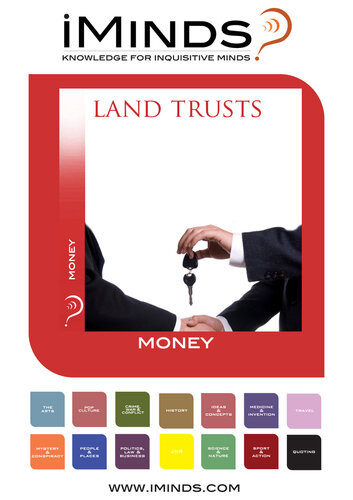

Most ebook files are in PDF format, so you can easily read them using various software such as Foxit Reader or directly on the Google Chrome browser.
Some ebook files are released by publishers in other formats such as .awz, .mobi, .epub, .fb2, etc. You may need to install specific software to read these formats on mobile/PC, such as Calibre.
Please read the tutorial at this link: https://ebookbell.com/faq
We offer FREE conversion to the popular formats you request; however, this may take some time. Therefore, right after payment, please email us, and we will try to provide the service as quickly as possible.
For some exceptional file formats or broken links (if any), please refrain from opening any disputes. Instead, email us first, and we will try to assist within a maximum of 6 hours.
EbookBell Team

4.8
94 reviewsA land trust is an agreement whereby one party, the trustee, agrees to hold ownership of a piece of real property for the benefit of another party, the beneficiary. Corporations set up land trusts as intermediaries that hold and manage property on behalf of investors in return for management fees. Being a trust, they are legal entities that separate ownership from control with investors being the ‘beneficial owners’ giving them property rights while the legal title is held in the trust’s name. Land trusts are not only designed for investment purposes but can also be created as non-profit organisations for conservation or welfare pursuits.
Since growing in use from the early 1990s land trusts have become a popular investment option. This is due to them providing the security of investing in ‘brick and mortar’ whilst offering other additional advantages. Investing in land trusts makes it possible for investors to own small parts of properties if they do not have the finance or do not wish to purchase the property outright. The lower cost of purchasing just a portion of a property can allow investors to diversify into a larger number of properties. This diversification reduces exposure to market fluctuations in particular property markets. Investing in land trusts also allows the investor to separate themselves legally from their property assets. This allows their land ownership to be kept off the public record, limiting the investor’s liability to the trust’s assets. The huge amount of funds required to diversify in non-residential property and the economies of scale realised by large trusts result in land trusts dominating the non-residential property sector.